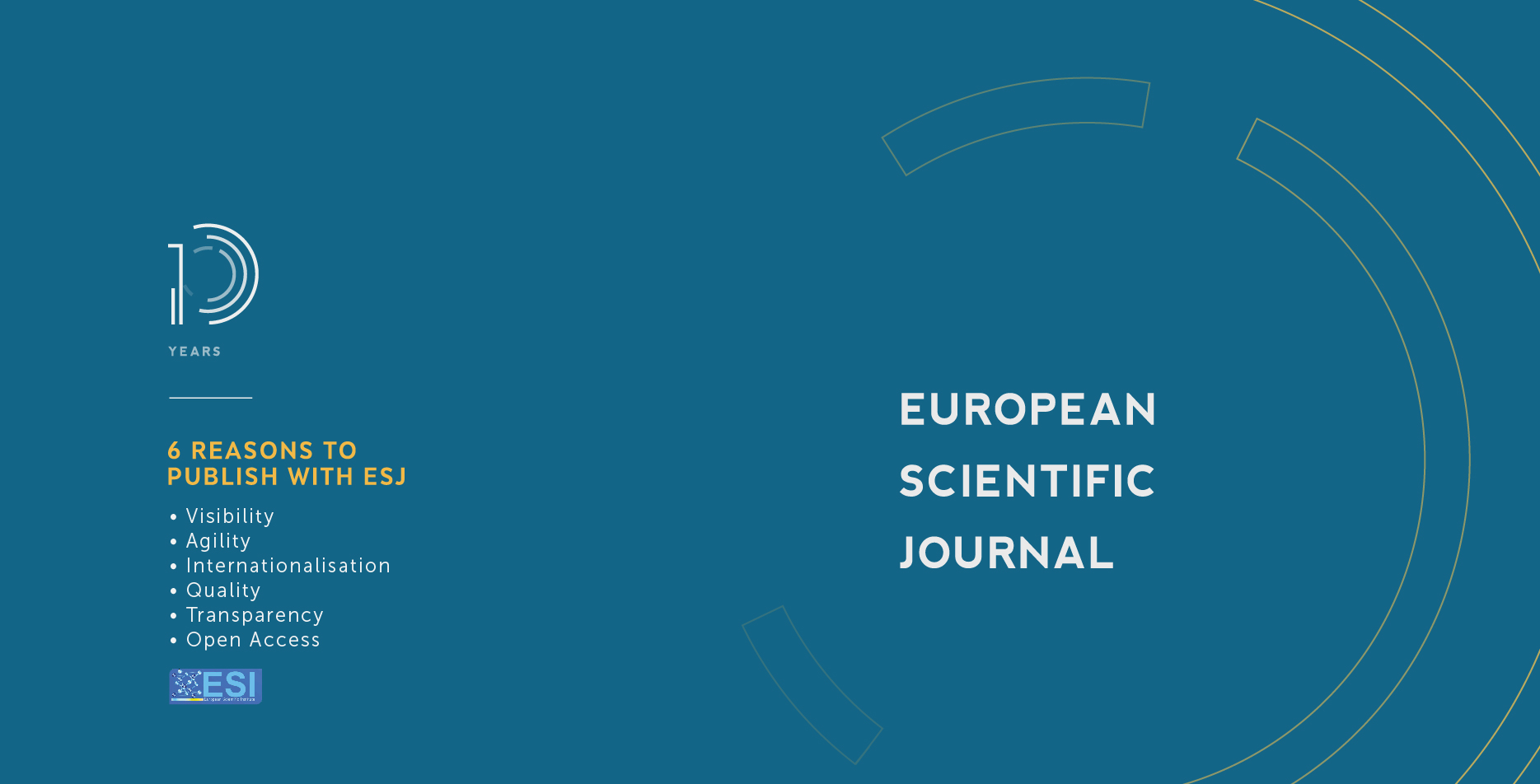The Corona Virus Pandemic And Stochastic Growth: Implications For Developed, Developing, And Emerging Economies
Abstract
This article studies the impact of the “coronavirus” on the economy when the growth path follows a stochastic Markov process in a multi countries’ exchange context. The methodology used is endogenous growth theory coupled with topology, the fixed point, and the separation theorem for the equilibrium determination through private agents’ maximization behaviors. Thereafter, the equilibrium is rendered optimal in the Pareto sense through the linear programming method and the portfolio choice theory used by the social planner. The results found are: First, growth decreases almost everywhere; second, per-capita income increase in contrast. Finally, the conjunction of the whole accelerates convergence and catching-up since the most affected countries are also the richest. As a result, they experience higher economic and social disorders giving credibility to the Solow (1956) marginal productivity that decrease the hypothesis that poor countries grow faster than rich countries. Consequently, the pandemic negative action is an accelerator of the economic retarded countries market-based economy which targets a faster means of achievement.
Downloads
PlumX Statistics
Copyright (c) 2021 Diana Loubaki

This work is licensed under a Creative Commons Attribution-NonCommercial-NoDerivatives 4.0 International License.








